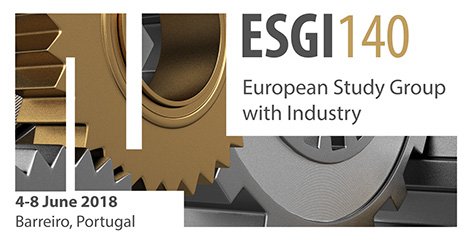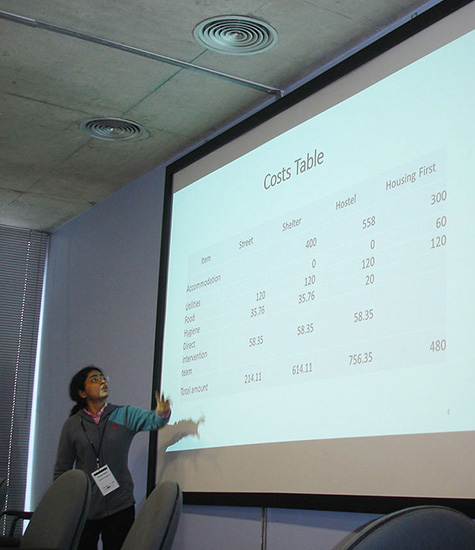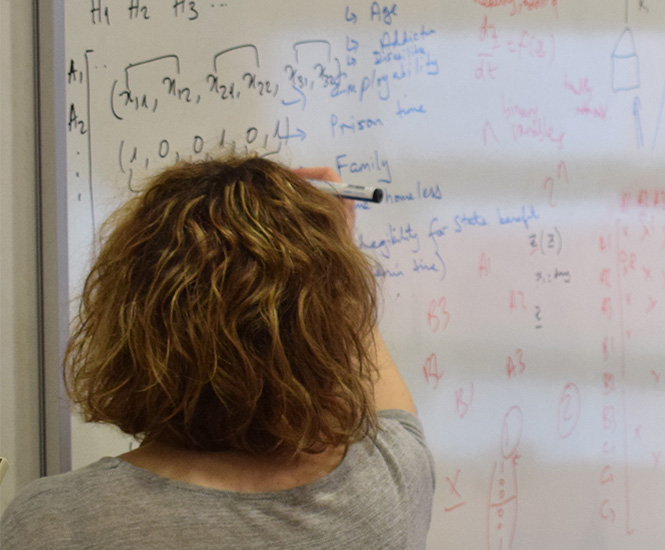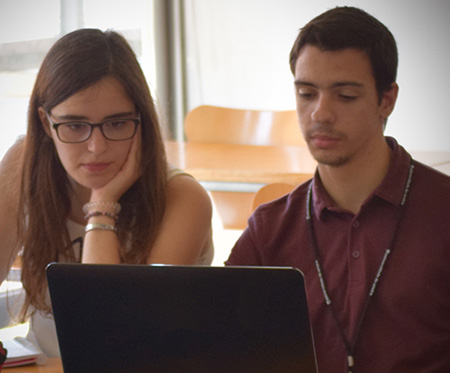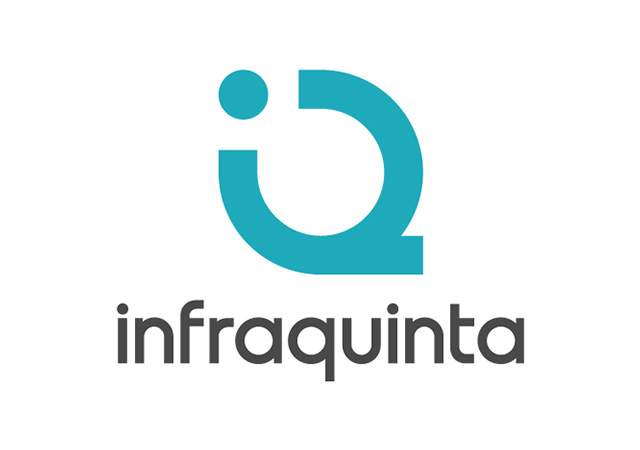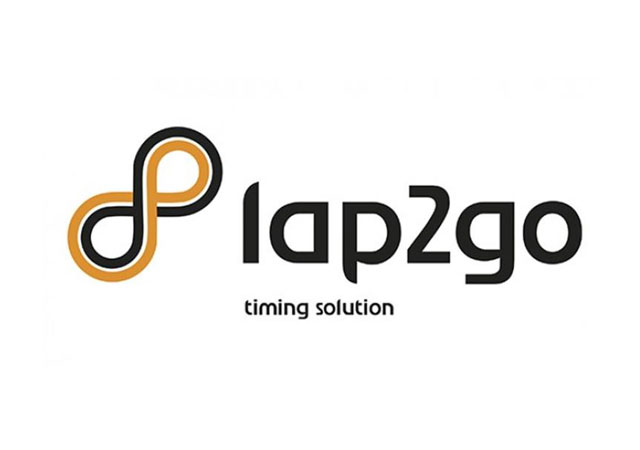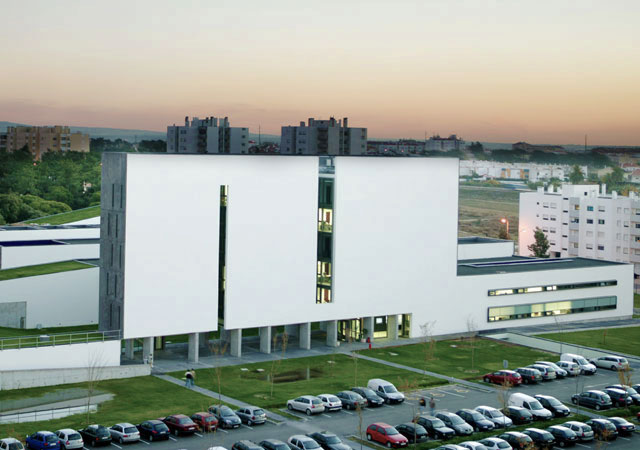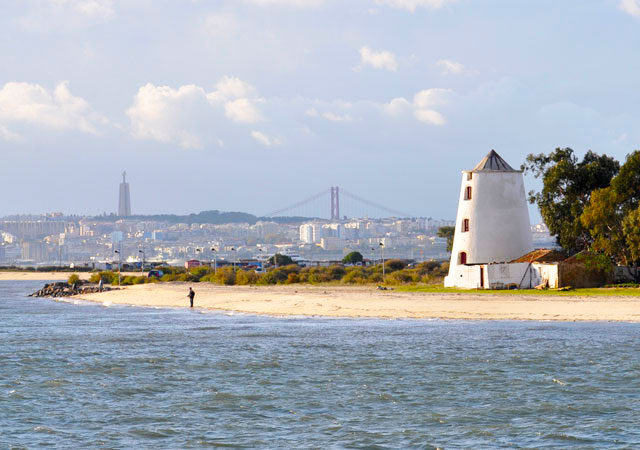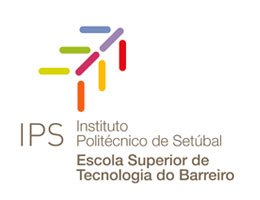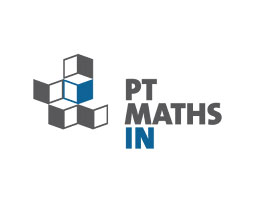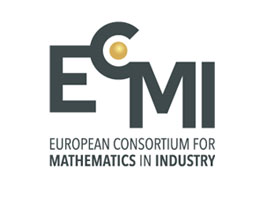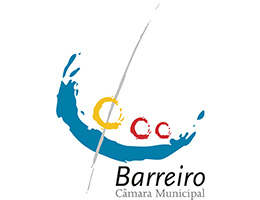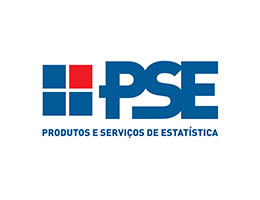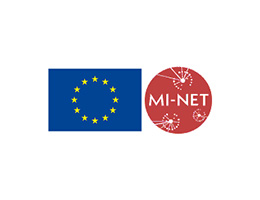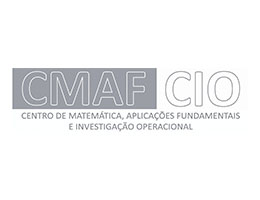Adrej Ilievski (Lafayette College, Macedonia)
Ana Isabel Borges (CIICESI & Escola Superior de Tecnologia e Gestão - IPP, Portugal)
Ana I. Pereira (Instituto Politécnico de Bragança, Portugal)
Anabela Marques (ESTBarreiro/IPS & CIIAS, Portugal)
Bruno Ferreira (ESTBarreiro/IPS, Portugal)
Clara Carlos (ESTBarreiro/IPS & CIMA, Portugal)
Clara Cordeiro (FCT - Universidade do Algarve & CEAUL, Portugal)
Conceição Veloso Nogueira (ESTG-IPLeiria & CMAT, Portugal)
Eliana Costa e Silva (Escola Superior de Tecnologia e Gestão, IPP, Portugal)
Fernando Sebastião (ESTG-IPLeiria & LSRE-LCM, Portugal)
Florian Wechsung (University of Oxford, United Kingdom)
Isabel Cristina Lopes (LEMA, CEOS.PP, ISCAP - Politécnico do Porto, Portugal)
Joaquim Correia (Universidade de Évora, Portugal)
Jorge Santos (Universidade de Évora, Portugal)
José Augusto Inácio (Universidade Agostinho Neto, Angola)
José Moniz Fernandes (Universidade de Cabo Verde, Cabo Verde)
Luis Cavique (Universidade Aberta, Portugal)
Luís Sardinha (Infraquinta, Portugal)
M. Filomena Teodoro (CINAV & CEMAT, Portugal)
Manuel Cruz (PT-MATHS-IN & LEMA-ISEP-IPP, Portugal)
Manuel Vieira (FCT-UNL, Portugal)
Marina Alexandra Pedro Andrade (ISCTE- IUL/ ISTAR-IUL, Portugal)
Michael McPhail (University of Oxford, United Kingdom)
Miguel Casquilho (IST, Universidade de Lisboa, Portugal)
Nelson Carriço (ESTBarreiro/IPS, Portugal)
Nuno David Lopes (ISEL & CMA-FCT/UNL, Portugal)
Paula Pascoal-Faria (CDRSP & ESTG-IPLeiria, Portugal)
Paula Simões (CMA-FCT-UNL & ISEL-IPL & ESTB-IPS, Portugal)
Raquel Barreira (ESTBarreiro/IPS & CMAFCIO, Portugal)
Regina Casimiro (Infraquinta, Portugal)
Ricardo Enguiça (ISEL, Portugal)
Rogério Duarte (ESTSetúbal/IPS, Portugal)
Sandra Maria da Silva Figueiredo Aleixo (ISEL, Portugal)
Sérgio Fernandes (ESTSetúbal/IPS, Portugal)
Sílvia Barbeiro (Universidade de Coimbra, Portugal)
Telma Guerra Santos (ESTBarreiro/IPS & CEMAT, Portugal)
Todor Balabanov (IICT-BAS, Bulgary)
